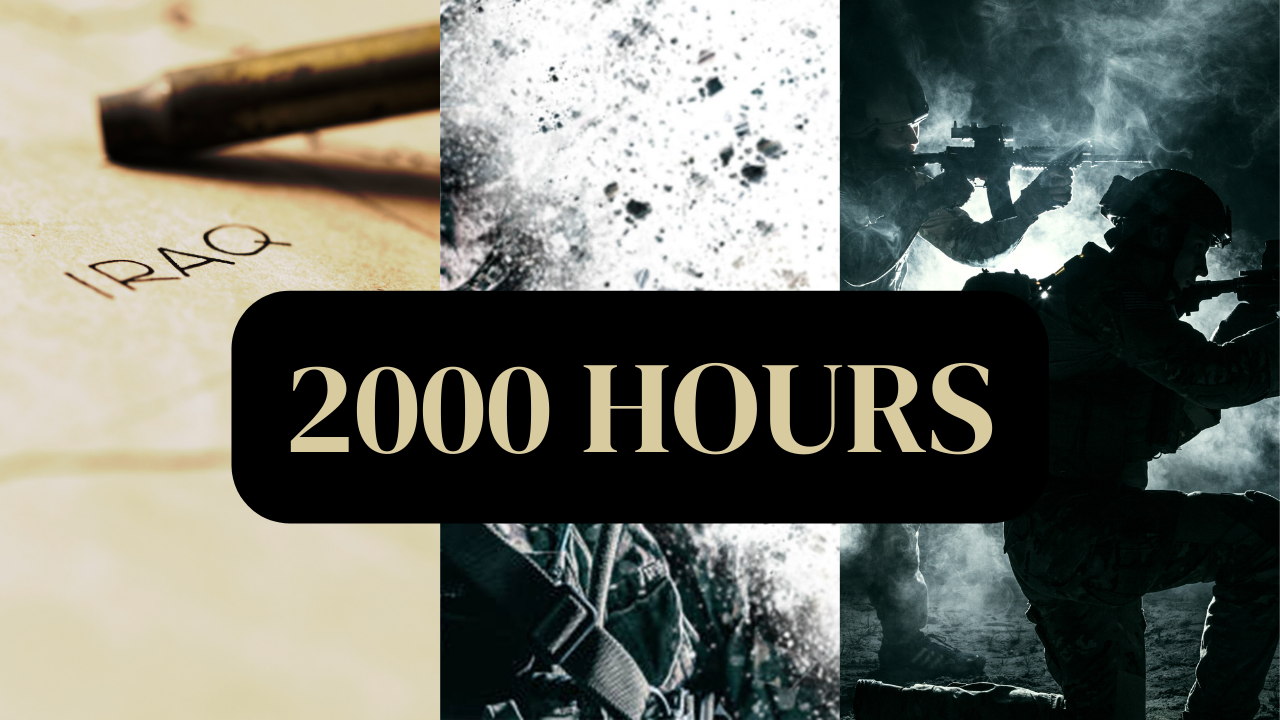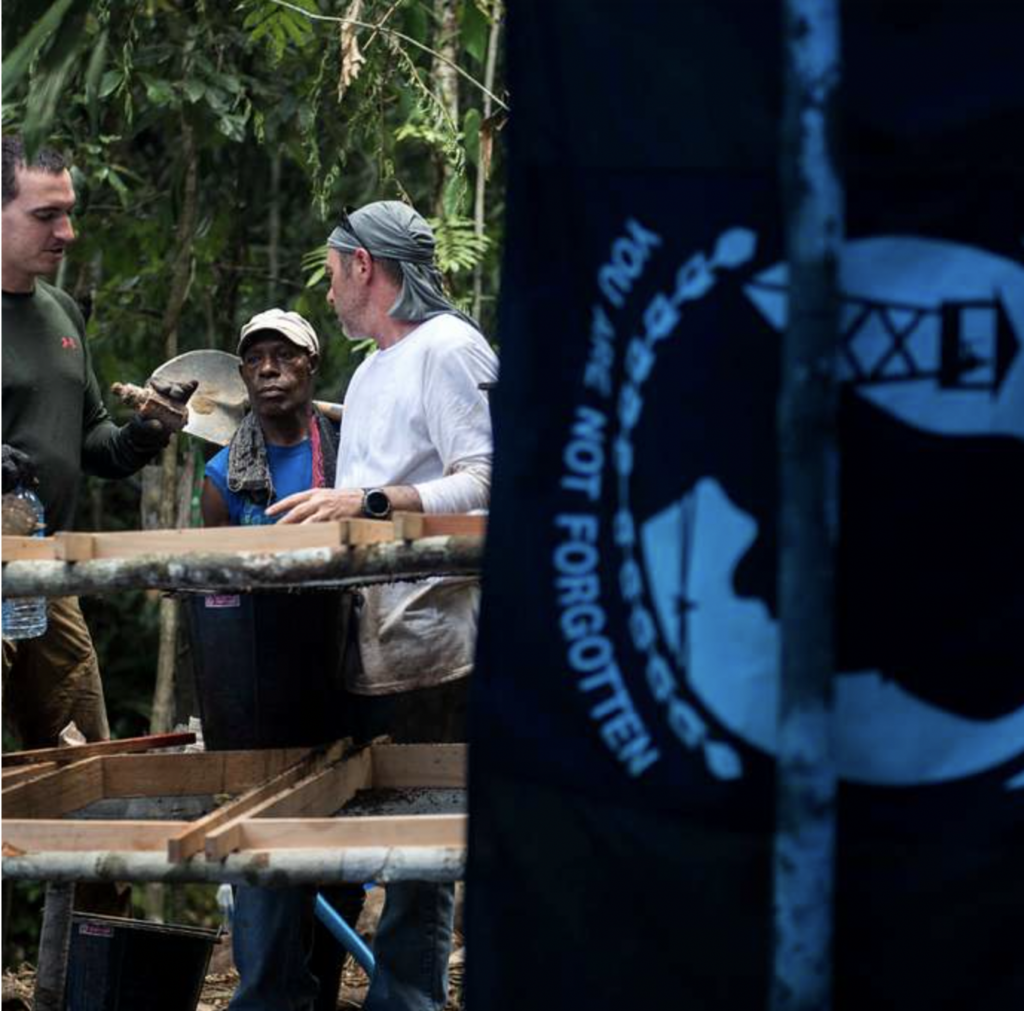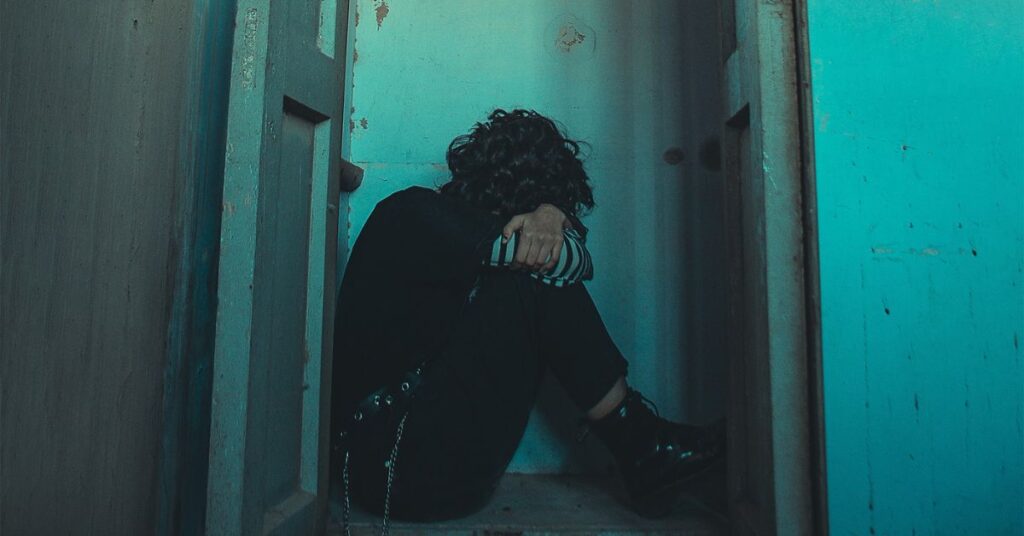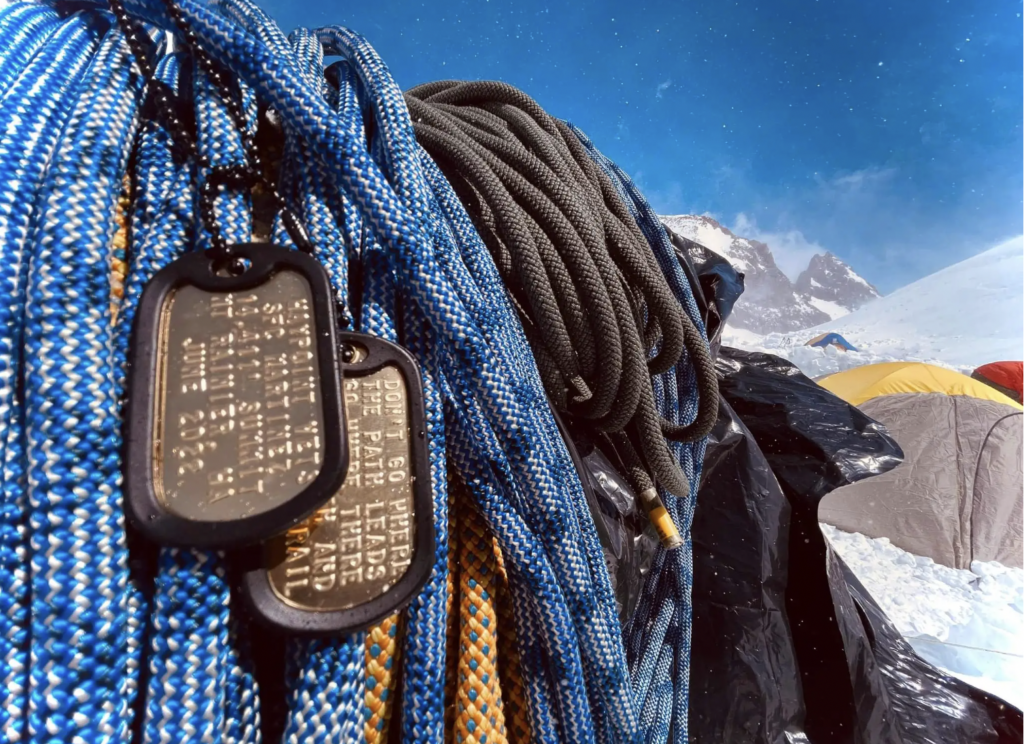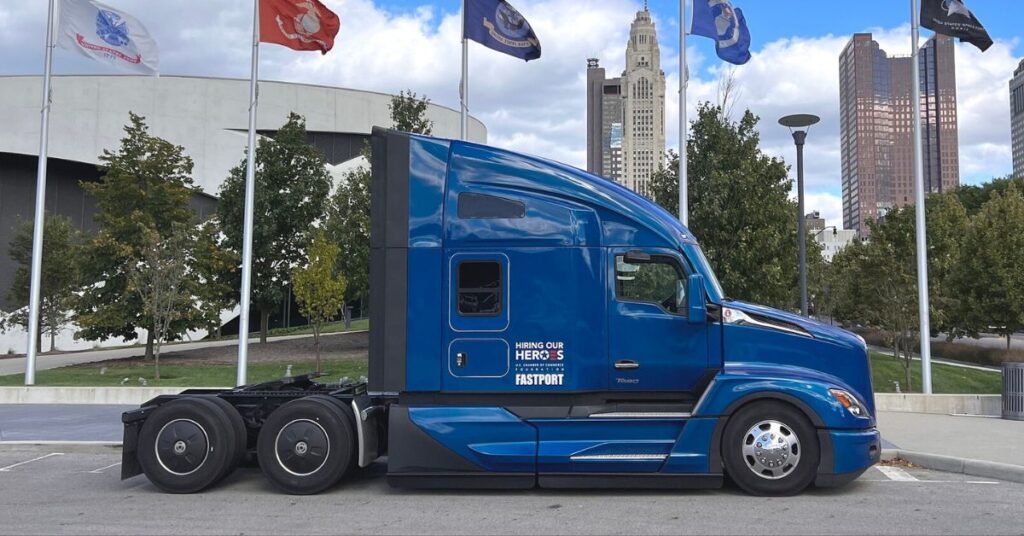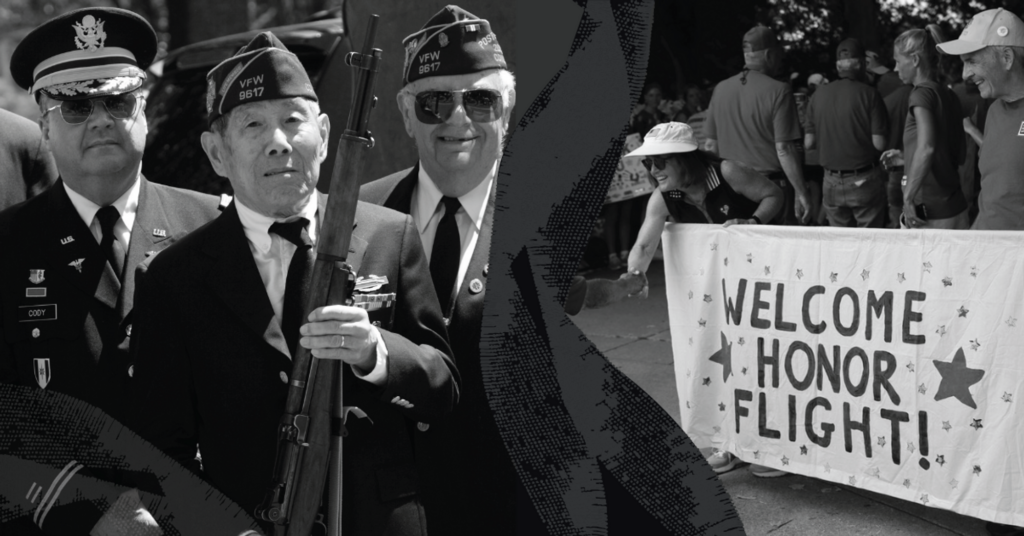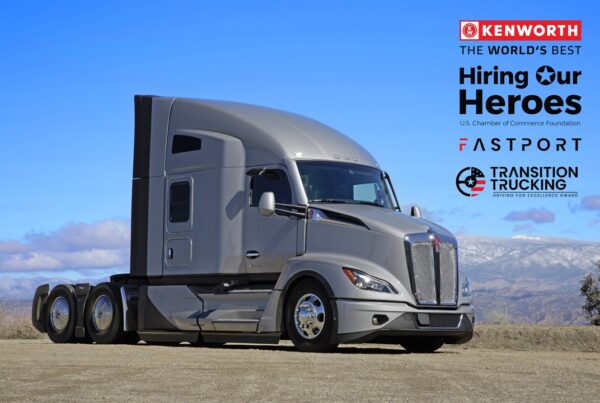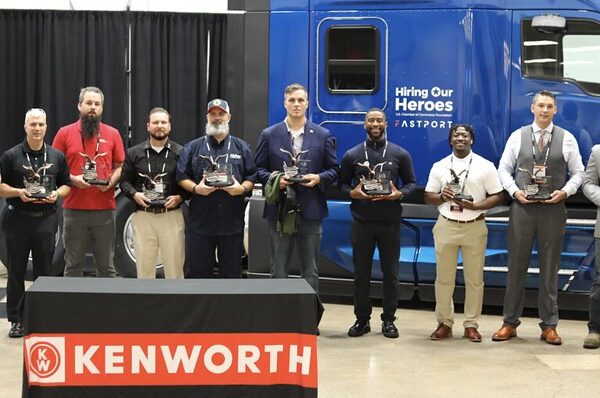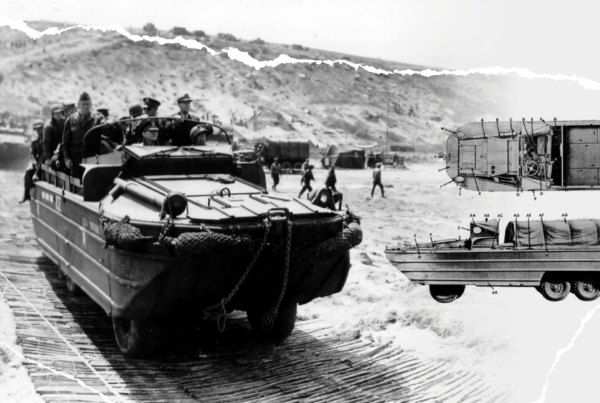“This will not be a campaign of half-measures, and we will accept no outcome but victory.”
The world was at war with a dictator that drew comparisons to the atrocities of Stalin and Hitler: the United States was determined to rid the world of the tyrant Saddam Hussein.
President George W. Bush initiated a countdown that would change the course of war and countless lives: He told Dictator Saddam Hussein he had until 20:00 to self-exile from Iraq or face the might of the US military. But that marker came and went– unchallenged and unsatisfied.
Operation Iraqi Freedom (OIF) was the mission, and the Navy SEALs were at the forefront of this campaign. Their objective was to remove Saddam Hussein’s regime from power in Iraq, but they faced a multitude of dangers and challenges as they clashed with his regime.
Among the most significant obstacles was the transportation of personnel, equipment, and supplies in high-risk areas. The SEALs knew that they had to act quickly and efficiently, using every tool at their disposal to ensure their success. They used a variety of trucks, including armored trucks, which provided protection against small-arms fire and improvised explosive devices (IEDs). The SEALs also relied on Humvees, MRAPs (Mine-Resistant Ambush Protected) vehicles, and modified civilian trucks to move quickly and stealthily through the dangerous terrain.
“As the mission progressed, the SEALs found themselves in the middle of intense battles. The Battle of Nasiriyah was a brutal and deadly encounter that tested the SEALs’ mettle. A US Marine convoy, consisting of seven military trucks, was ambushed by Iraqi forces in the city of Nasiriyah. The Marines were transporting troops and supplies to their unit when they came under attack.”
“That was the first time I had been in combat,” said Martin. “My initial reaction, well, have you ever heard of flight or fight? It was fight. When we were fighting there were no other thoughts but to protect that Marine to our left and our right, keep it tight and repel the enemy, and that’s exactly what we did.”
The SEALs fought back with the help of their armored trucks, taking on heavy gunfire and rocket-propelled grenades. One Marine, Corporal Jason Dunham, demonstrated incredible bravery by using his body to shield his comrades from a grenade blast. His heroic actions saved their lives but cost him his own.
Without a second’s thought, Dunham had sounded the alarm, warning his fellow Marines of the impending danger. And then, in an act of true valor, he flung himself over the explosive device, using his own body and helmet as a shield to protect his brothers-in-arms from the imminent blast.
It was a sacrifice that he knew would be fatal. But Dunham did not hesitate. He had made the choice to give his life in order to save the lives of his comrades.
“I want everyone to come home safely.”
By his incredible bravery and unwavering sense of duty, Corporal Jason Dunham embodied the highest standards of the Marine Corps and the United States Naval Service. His name will forever be remembered as a symbol of selfless heroism and sacrifice in the face of unimaginable danger.
Dunham was posthumously awarded the Medal of Honor, the highest military decoration awarded by the United States government.
During the Medal of Honor Commendation ceremony President George Bush said of Cpl. Dunham that, “As a Marine, he was taught that honor, courage and commitment are not just words. They’re core values for a way of life that elevates service above self. As a Marine, Jason was taught that leaders put the needs of their men before their own. He was taught that while America’s founding truths are self-evident, they also need to be defended by good men and women willing to stand up to determined enemies.”


